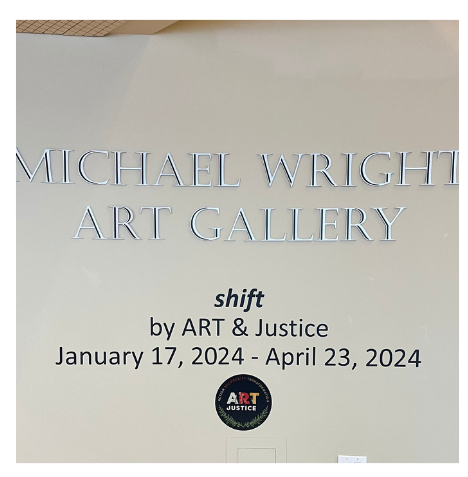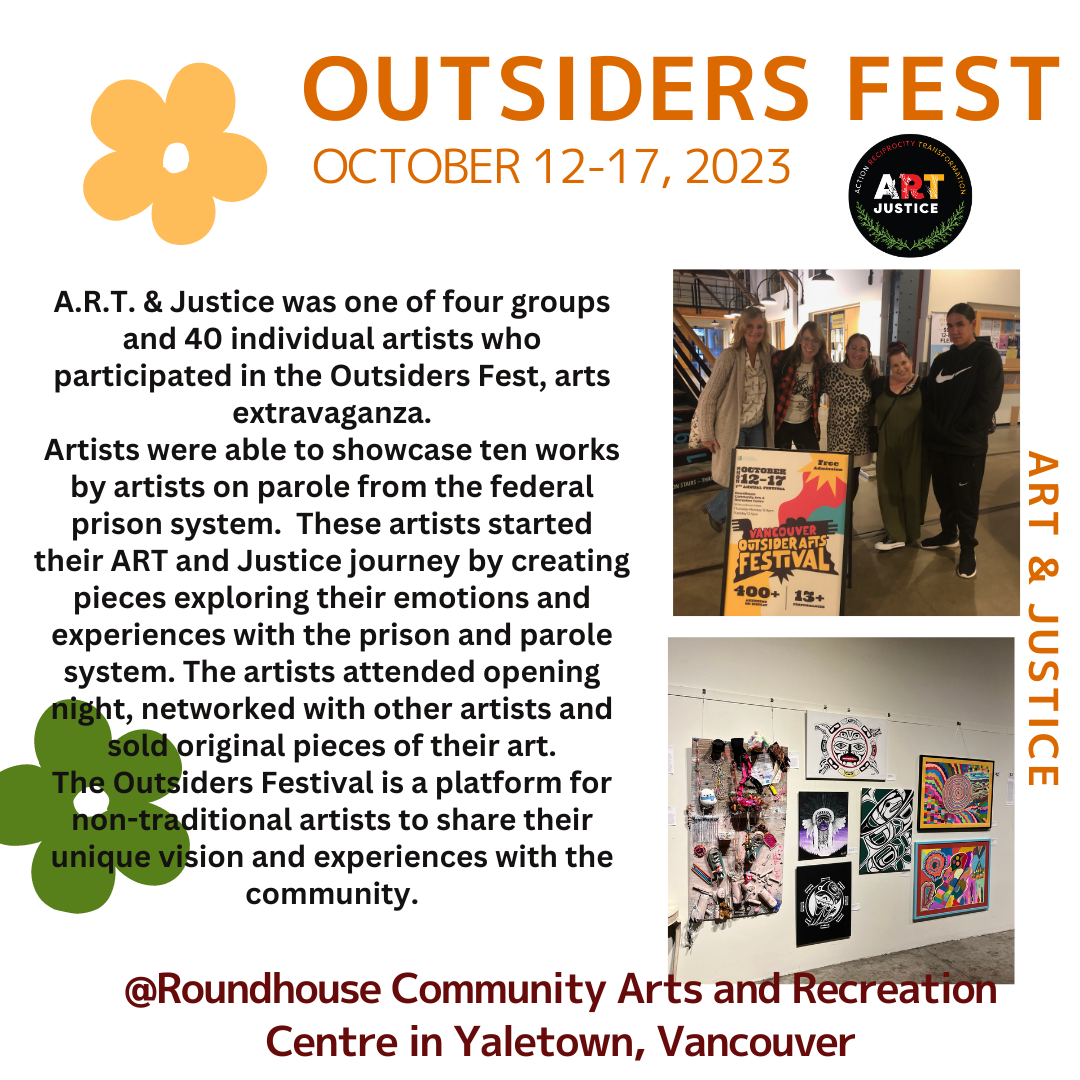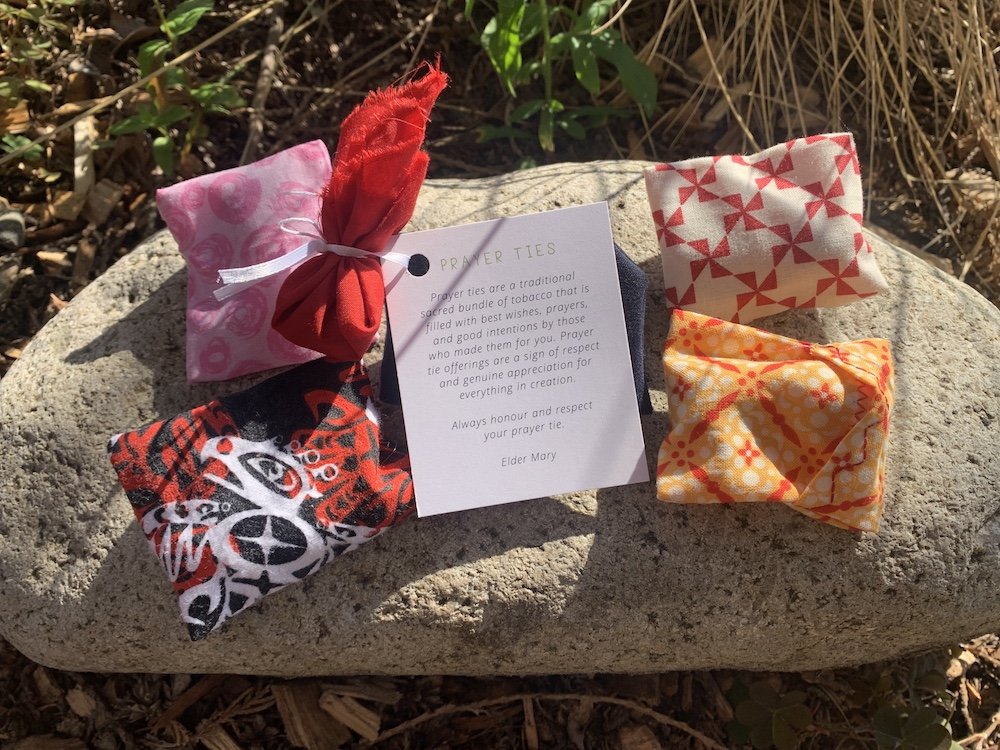Publications & Media
We believe that all research outputs should be freely available to all. Some of the articles below are behind a pay wall; please contact us if you would like to receive a free copy of any of these!

Media – UBC Funding Announcement for COVID-19 Research
We are interested in collaborating with other scholars, Indigenous advocates and Knowledge Keepers and people with lived experience of incarceration with interest and expertise in arts-based methods in prisons, storytelling and visual narratives and mental health and social exclusion.




Work 2 Give: Fostering Collective Citizenship through Artistic and Healing Spaces for Indigenous Inmates and Communities in British Columbia
Therapeutic arts and crafts, as healing modalities, exist within specific historic and contemporary contexts. In this article, we examine the positioning of productive and social citizenship for incarcerated Aboriginal men in federal prisons in BC who participate in a prison employment and hobby program, wherein they build and create art-full objects that are donated to Aboriginal communities.

Supporting people leaving prisons during COVID-19: perspectives from peer health mentors
Using a garden program case study, we outline how food production and imperial notions of productive citizenship impact Aboriginal wellbeing within and outside of prison contexts, and how the garden – as an aesthetic and sensory boundary object – allows for discussions of foodways, rights, and sovereignty across colonial Canada.

“Healing on Both Sides”: Strengthening the Effectiveness of Prison–Indigenous Community Partnerships Through Reciprocity and Investment
Using a garden program case study, we outline how food production and imperial notions of productive citizenship impact Aboriginal wellbeing within and outside of prison contexts, and how the garden – as an aesthetic and sensory boundary object – allows for discussions of foodways, rights, and sovereignty across colonial Canada.

Media – The Tyee : “Art and Journaling Helps Break Down Prison Walls for Indigenous Men”
Therapeutic arts and crafts, as healing modalities, exist within specific historic and contemporary contexts. In this article, we examine the positioning of productive and social citizenship for incarcerated Aboriginal men in federal prisons in BC who participate in a prison employment and hobby program, wherein they build and create art-full objects that are donated to Aboriginal communities.

Growing Beyond Nutrition: How a Prison Garden Program Highlights the Potential of Shifting from Food Security to Food Sovereignty for Indigenous Peoples
The study findings signal the limitations of programs and research that focus solely on food security for Indigenous peoples, and outlines how accounting for the colonial context can emphasize the critical role of Indigenous values, community strengths, and priorities for fostering food sovereignty and health.

The Prison Garden as Artistic Boundary Object: Fostering Food Sovereignty and Social Citizenship for Indigenous People in British Columbia
Using a garden program case study, we outline how food production and imperial notions of productive citizenship impact Aboriginal wellbeing within and outside of prison contexts, and how the garden – as an aesthetic and sensory boundary object – allows for discussions of foodways, rights, and sovereignty across colonial Canada.

Growing Connection Beyond Prison Walls: How A Prison Garden Fosters Rehabilitation And Healing For Incarcerated Men
Evidence suggests that correctional agriculture and gardening bolster physical, social and mental health benefits, as well as impacts on inmate rehabilitation and recidivism. We outline the positive impacts associated with the planting, harvesting of food, as well as the benefit associated with the donation of food to local communities and discuss implications for correctional research and programming.

